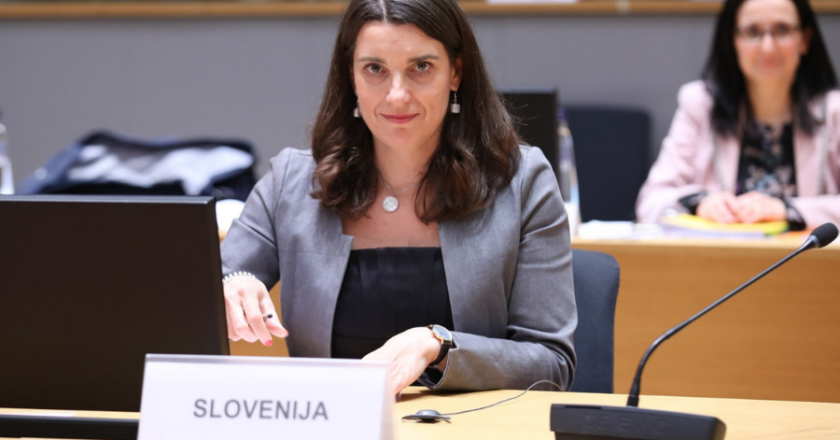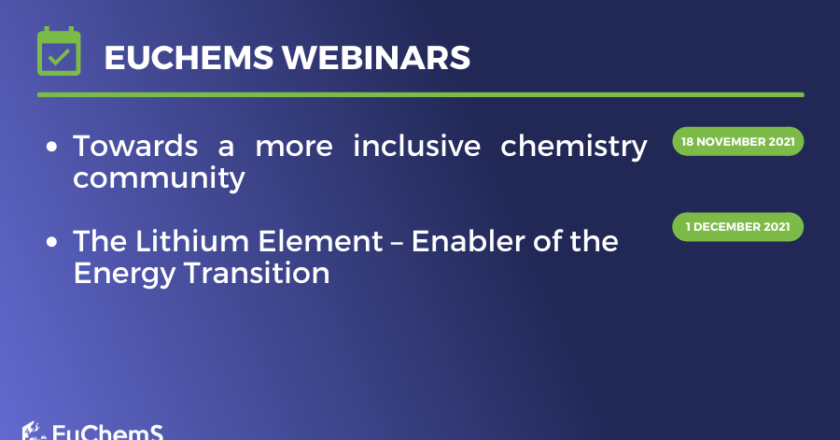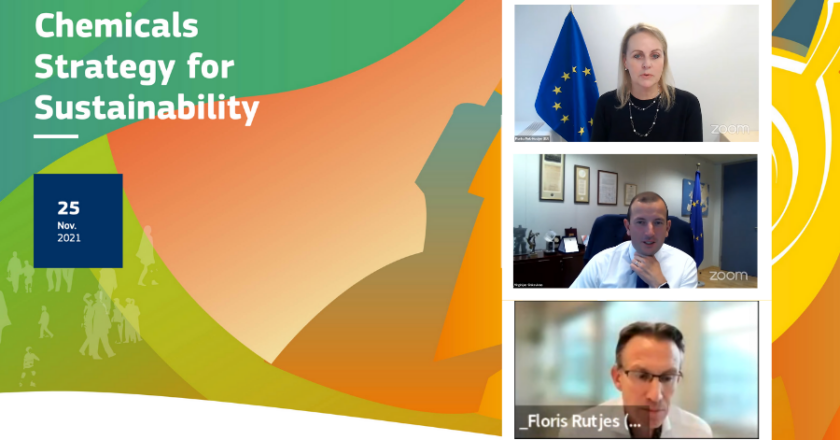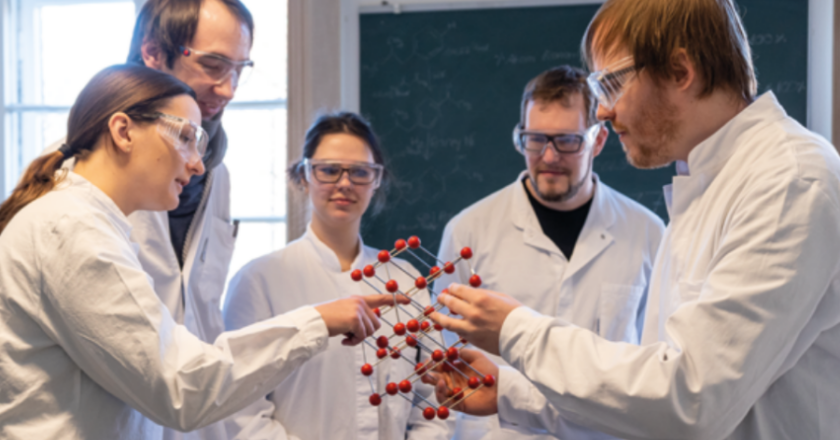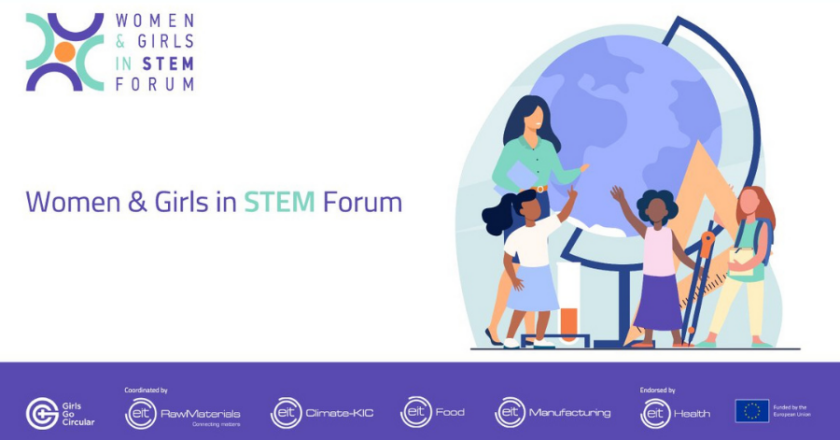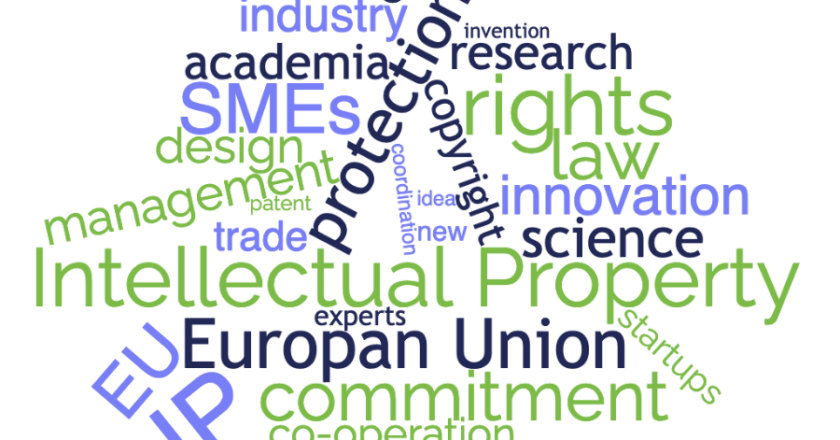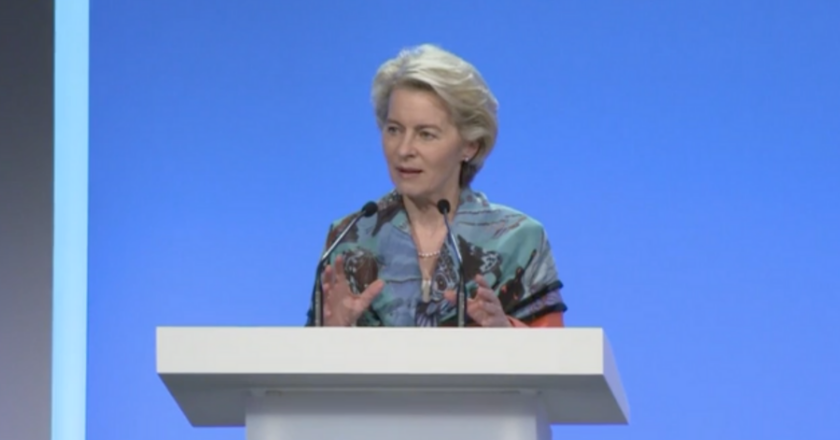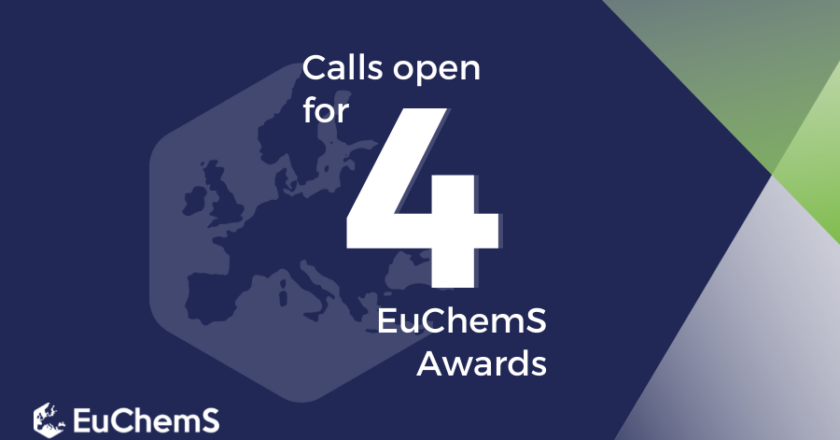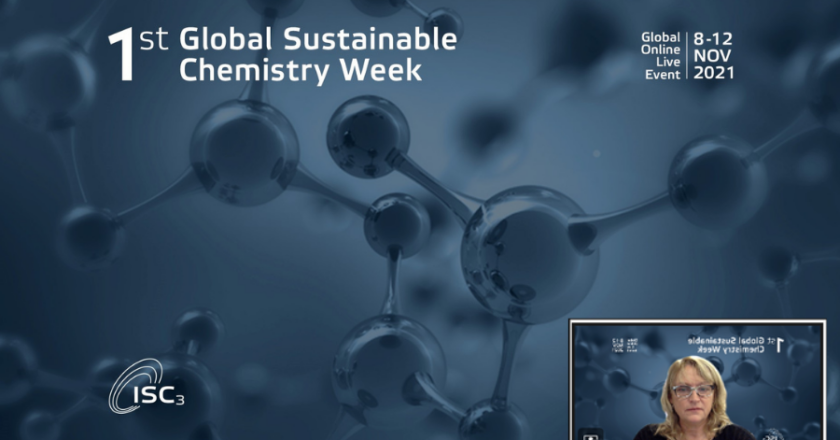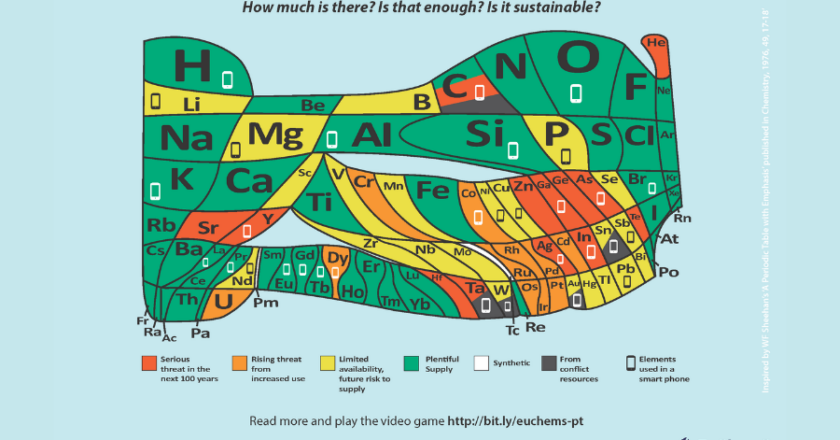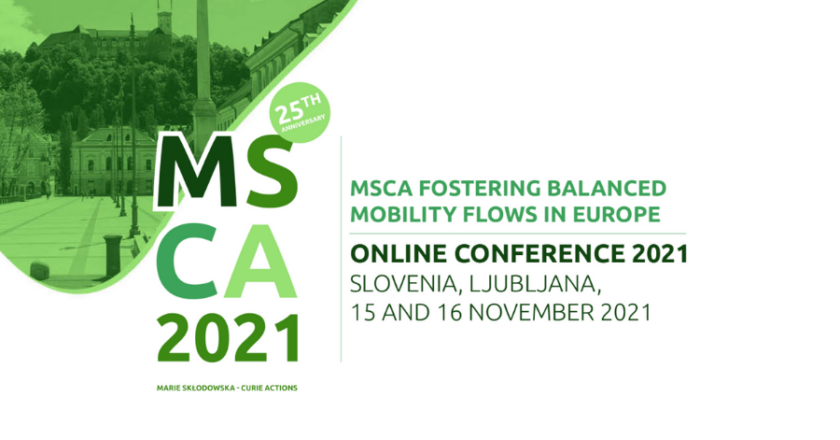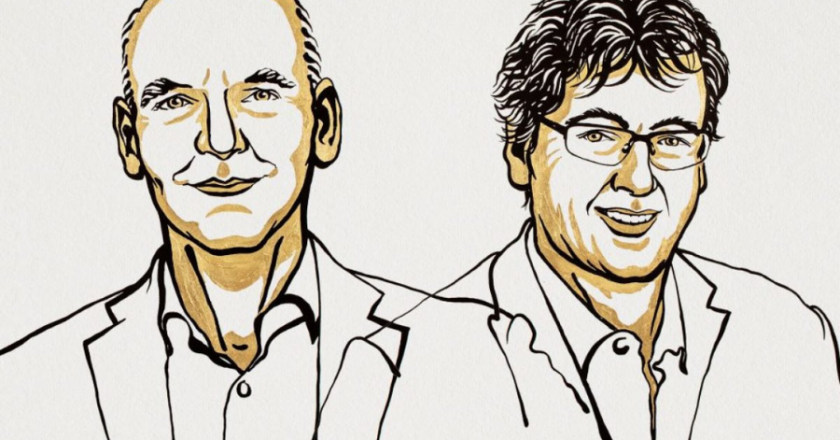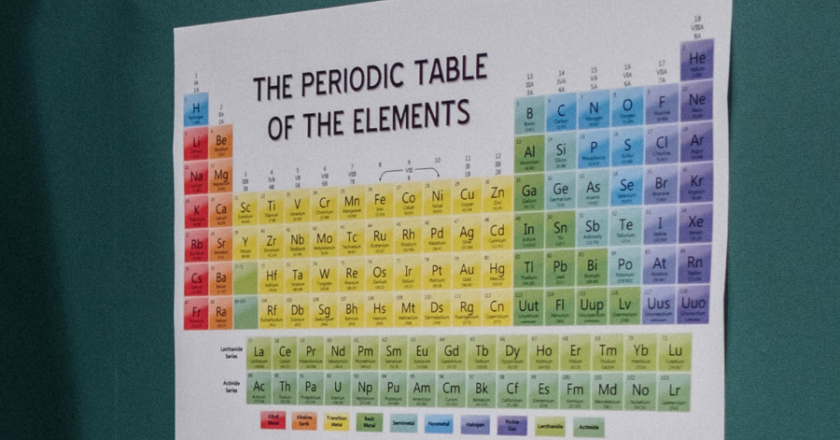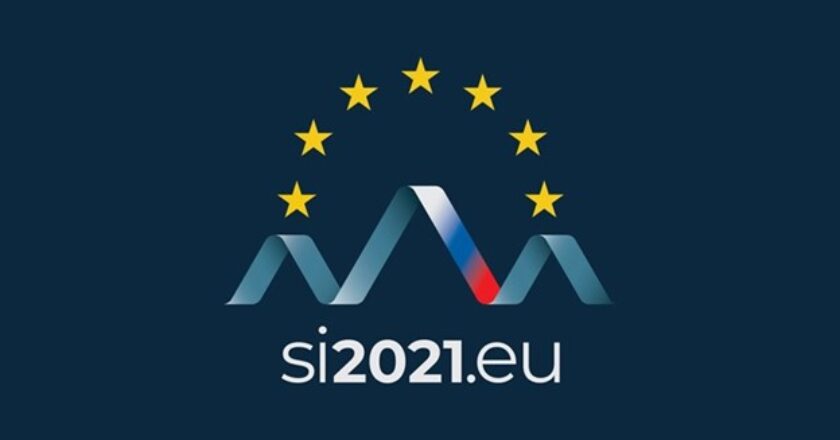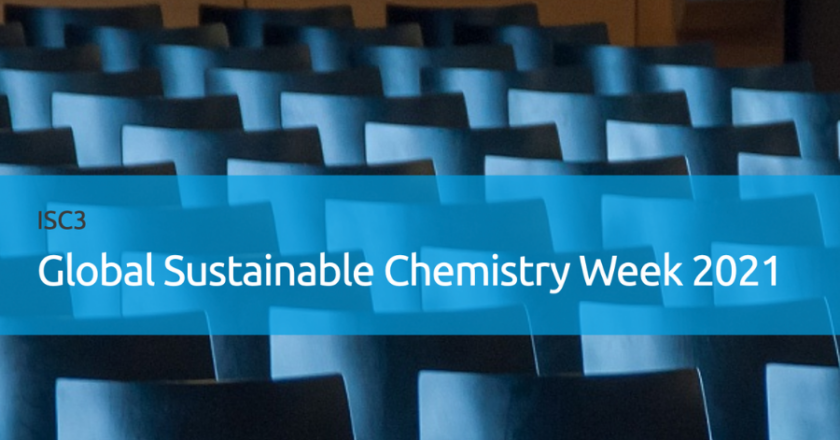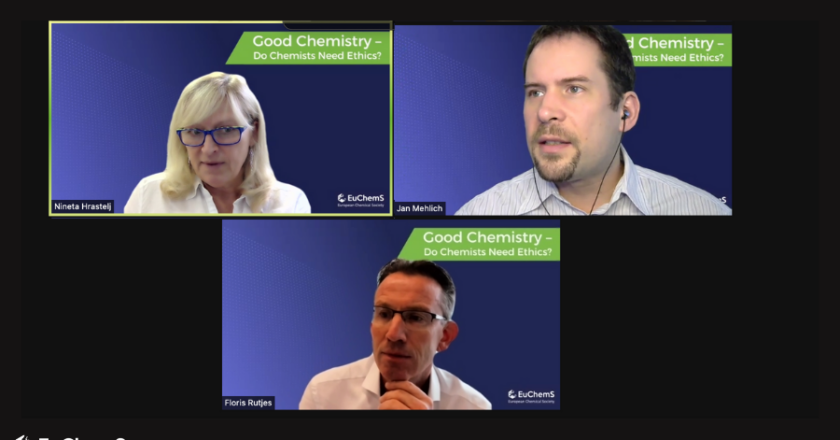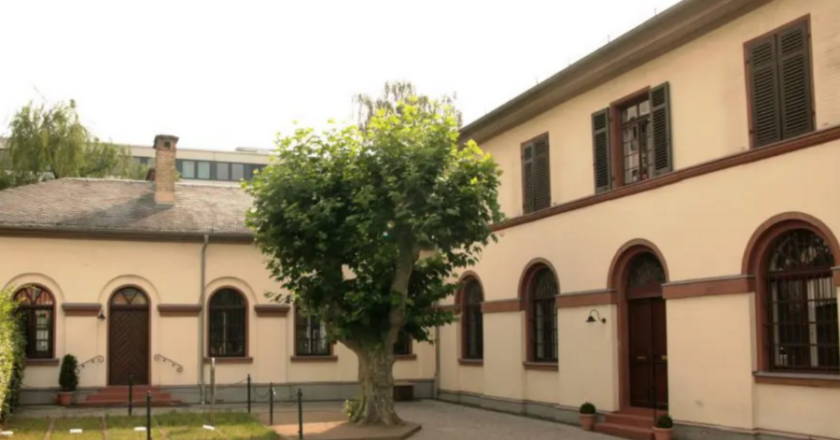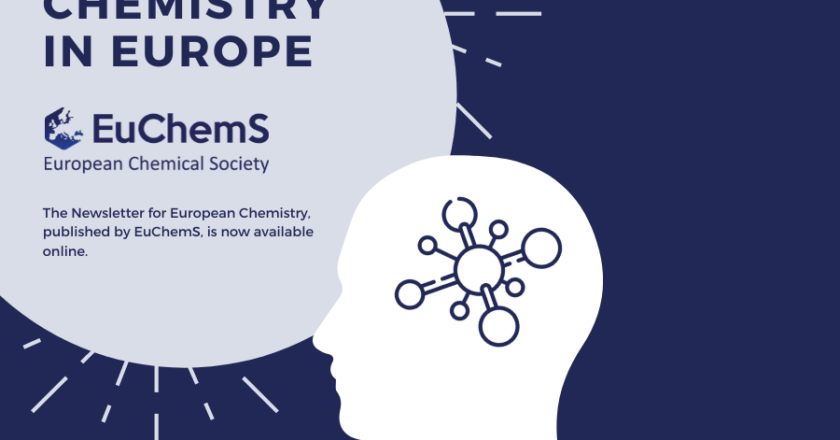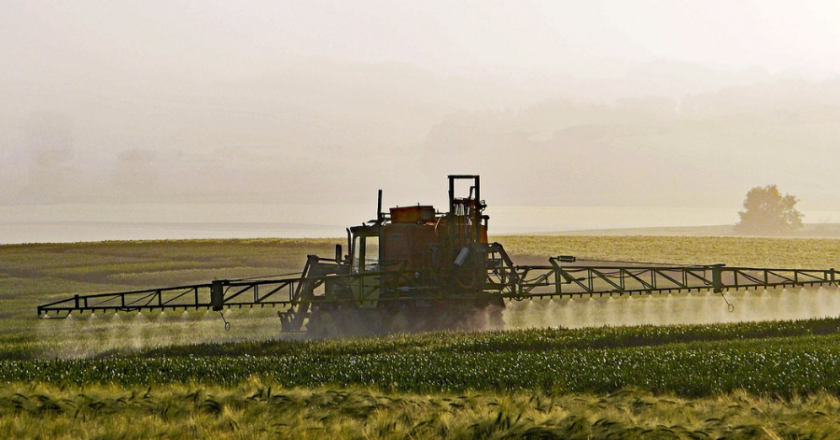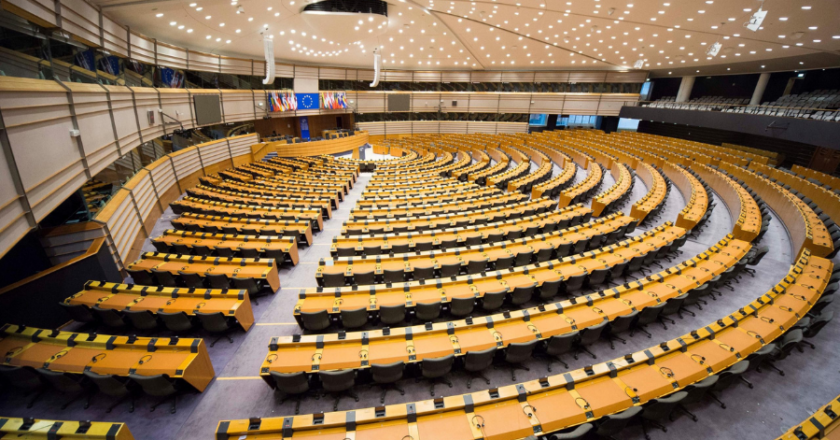On 26 November, the Council of the European Union adopted conclusions on the governance of the European Research Area (ERA) and a Pact for Research and Innovation (R&I) in Europe.
The ERA policy agenda for the 2022-2024 period establishes 20 priorities and a governance framework for the ERA. The actions listed in the ERA policy agenda include the promotion of attractive and sustainable research careers, bringing science closer to citizens, and improving EU-wide access to excellence. This document is conceived as a political guide for creating a single market for research in Europe.
EU research ministers also agreed on the Pact for R&I, one of the main tools in the implementation of the new ERA. Under the Pact, the EU member states commit to the following:
- a set of common EU principles and values for R&I;
- shared priority areas for action;
- investments and reforms;
- a simplified policy coordination and monitoring process.
As a reminder, the Pact is a long-term plan, with similar goals as the ones for ERA when it was implemented in 2000, but adapted to current challenges (e.g., the COVID-19 pandemic). You can read our full debrief on the Pact for R&I in the August issue of our BNU newsletter.
However, the Pact is a non-binding agreement: member states will implement it on a voluntary basis. These conclusions are the result of the deep reform of the ERA, which started in 2020.
For more details, please read the press release of the Council of the EU.
Following the adoption of the conclusions of the Council of the EU, the European Parliament Committee on Industry, Research and Energy, the ITRE committee, held a public hearing on the “New ERA for Research and Innovation” on 6 December. During this meeting, many topics were covered, including the prioritisation of investments and reforms in R&I towards the green and digital transition, supporting Europe’s recovery, increasing cooperation among member states, strengthening mobility of researchers, boosting market uptake of R&I results, and improving access to excellence for researchers across the EU.
#COMPET | Another successful day & great news for European science and innovation. 🎉@EUCouncil endorsed the Conclusions on the future of the European Research Area (#ERA), which allow for a more inclusive participation of @HorizonEU countries.
More 👇https://t.co/9G6P3SLhBF pic.twitter.com/u0Grh10prP
— EU2021SI (@EU2021SI) November 26, 2021



